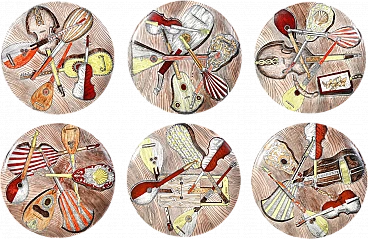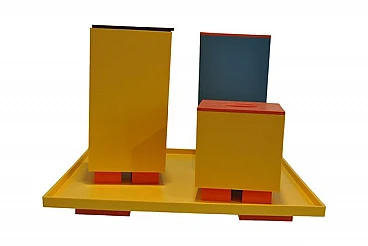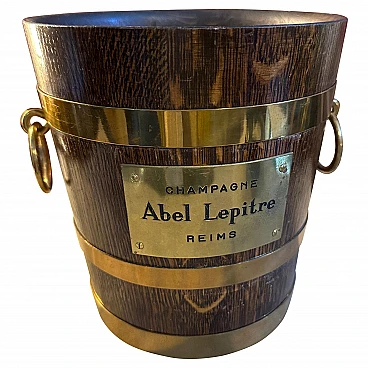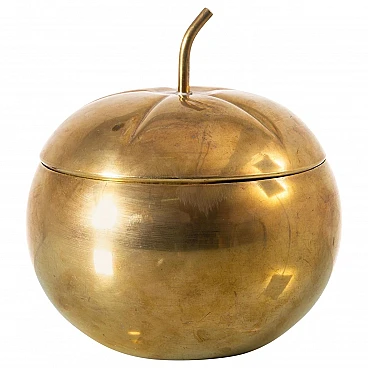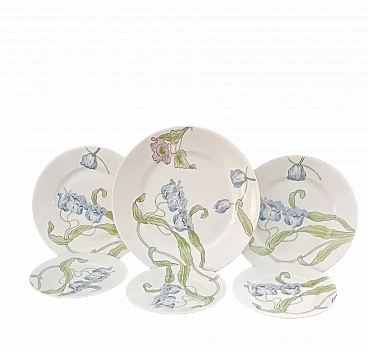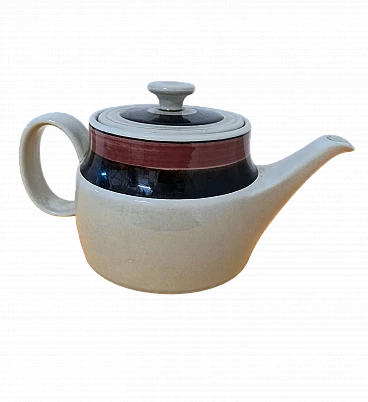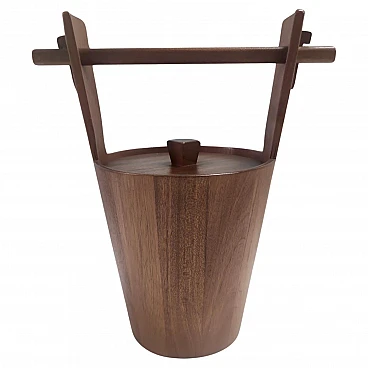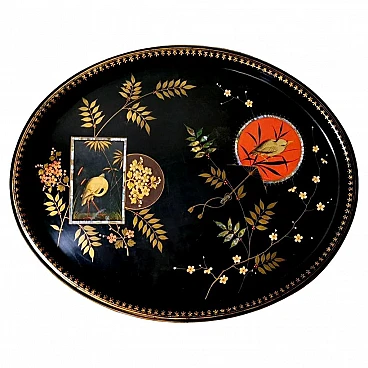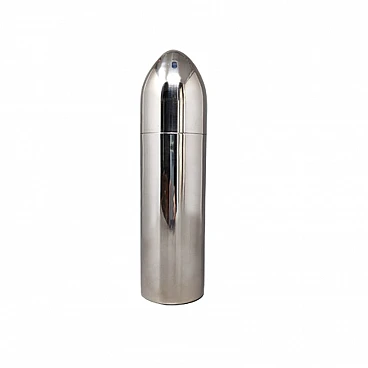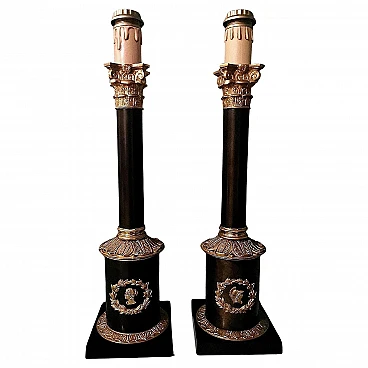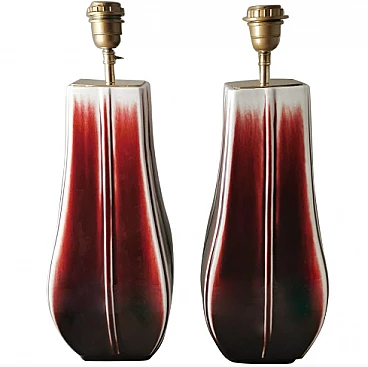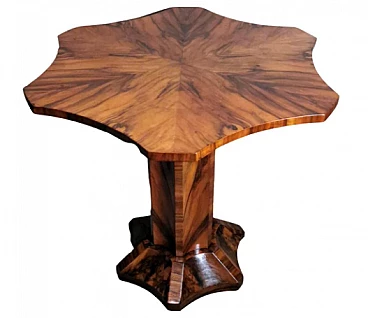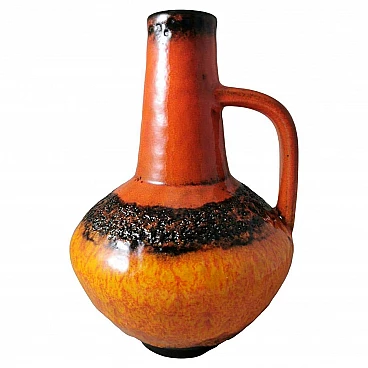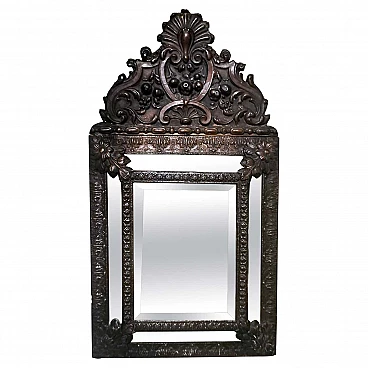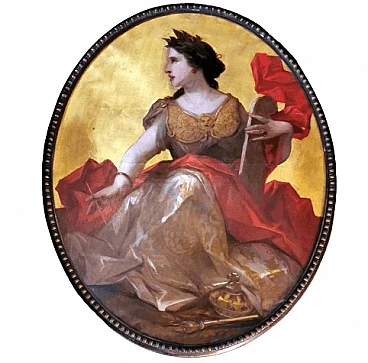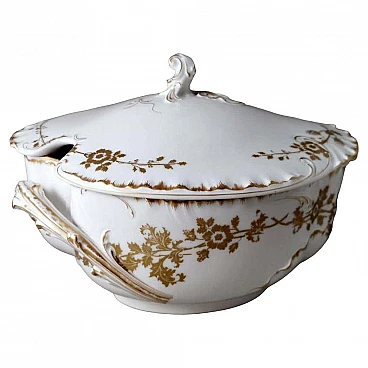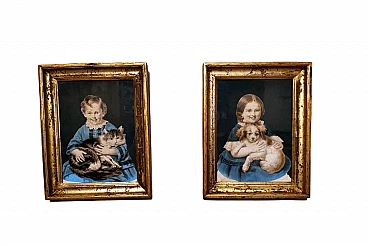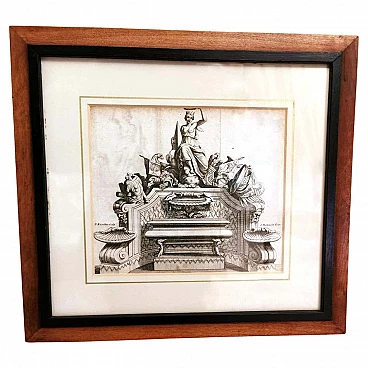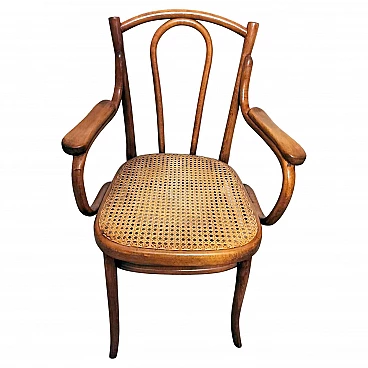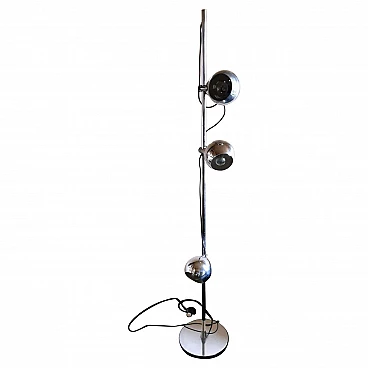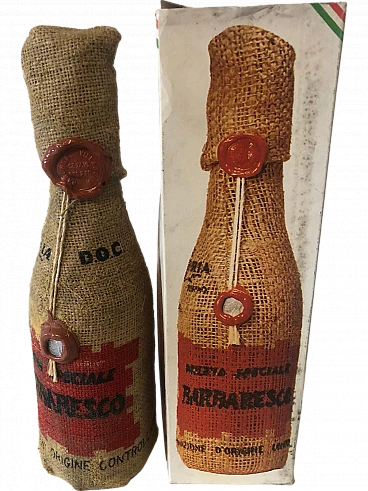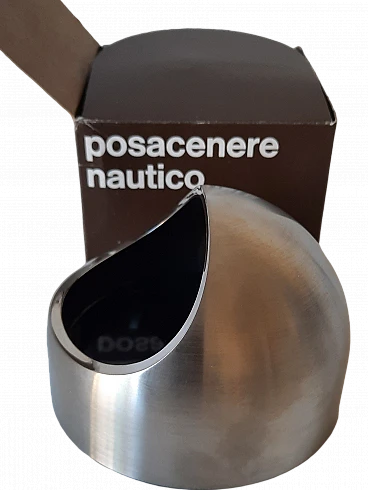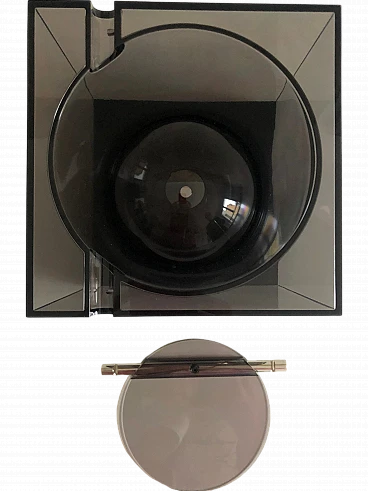Please read the entire description, as we are committed to providing detailed technical and historical information to ensure the authenticity of our items. This original and distinctive plexiglass tray has raised edges. The shorter sides have two slits that serve as handles, while the top of the edges are finished with brushed brass bars. The tortoiseshell effect on the plexiglass (lucite) is achieved through a specific machining and colouring process. Pigments are added to the cast acrylic material. Various colours are used to achieve the tortoiseshell effect, usually shades of brown, amber, black and yellow. During the casting process, the colours are mixed unevenly, creating veins and spots that mimic the natural pattern of the turtle shell. Once poured into the mould, the material is heated and then allowed to cool to complete the hardening process. This solidifies the acrylic and fixes the colours. When the material is fully hardened, it is cut and moulded into the desired shape, in this case a tray. The piece is then polished to a smooth, shiny surface, further accentuating the turtle effect. In our tray, these effects were created manually by craftsmen who manipulated the colours and grain to achieve a more natural and unique look. The tray was created in the style of the famous Italian designer Willy Rizzo and produced between 1975 and 1980 in an artisan workshop in Brianza (Lombardy, Italy). It represents a classic example of the modernist design of that period, characterised by clean lines, high-quality materials and an elegant, minimalist aesthetic. Brianza is an area that includes several cities such as Meda, Desio and Cantù, which are renowned for the production of high-quality furniture. Many furniture companies in this active area of Lombardy have produced Willy Rizzo-style pieces, characterised by meticulous attention to detail and the use of fine materials. Willy Rizzo (1928-2013) is particularly known for his brass and glass furniture. Rizzo began his career as a photographer, working for major fashion and portrait magazines, including ‘Paris Match’. His experience in photography influenced his eye for design and composition, leading him to create furniture that combines functionality with a visually appealing aesthetic. Throughout his career, Willy Rizzo has collaborated with several prestigious companies and craft workshops, helping to bring his unique designs to the international market. Workshops and small businesses in Brianza have played a key role in the production of Willy Rizzo-style objects, thanks to a long tradition of craftsmanship and the presence of numerous designers and specialised factories. These artefacts, known for their elegance and quality, reflect the excellence of Italian design. Plexiglass, Perspex and Lucite are different brands of the same basic material, polymethyl methacrylate (PMMA). PMMA is a transparent thermoplastic often used as an alternative to glass. Although other transparent plastics such as polycarbonate are available, PMMA is often preferred for its combination of transparency, lightness and ease of processing. It is more impact resistant than glass, although less durable than other plastics; it is lighter than glass, making it easier to handle and install; it can be easily cut, drilled, machined and glued, making it very versatile for various uses; it has good weather resistance, so it can be used outdoors without yellowing or degrading easily. Plexiglass: registered trademark of Röhm GmbH, one of the first companies to produce PMMA. Perspex: registered trademark of Imperial Chemical Industries (ICI) in the UK, another major producer of PMMA. Lucite: registered trademark of DuPont (and later Lucite International), used mainly in North America. The tray is in good condition, with slight traces of wear, minimal scratches and minor age-related details that can be easily removed with specific polishes. Measurements: width 55 cm, depth 32 cm, height 5 cm. For all our shipments we use special packaging materials (wooden crates, polystyrene, etc.) to ensure maximum protection and safety of the items.




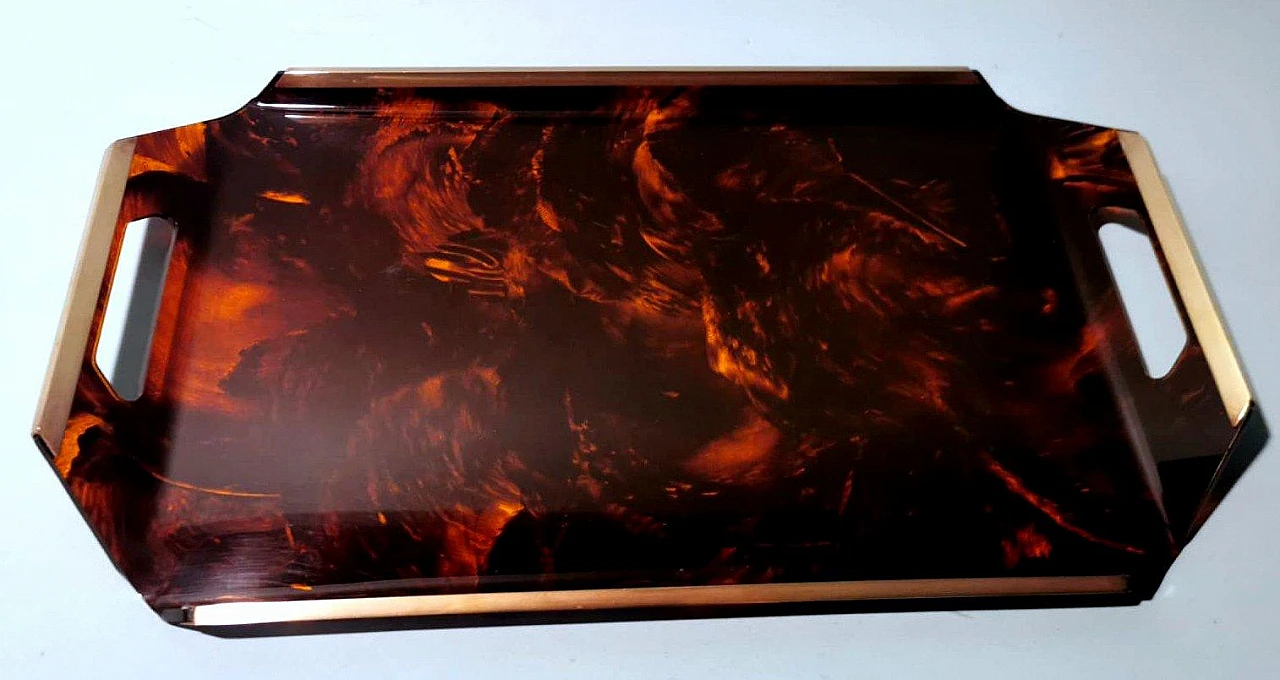
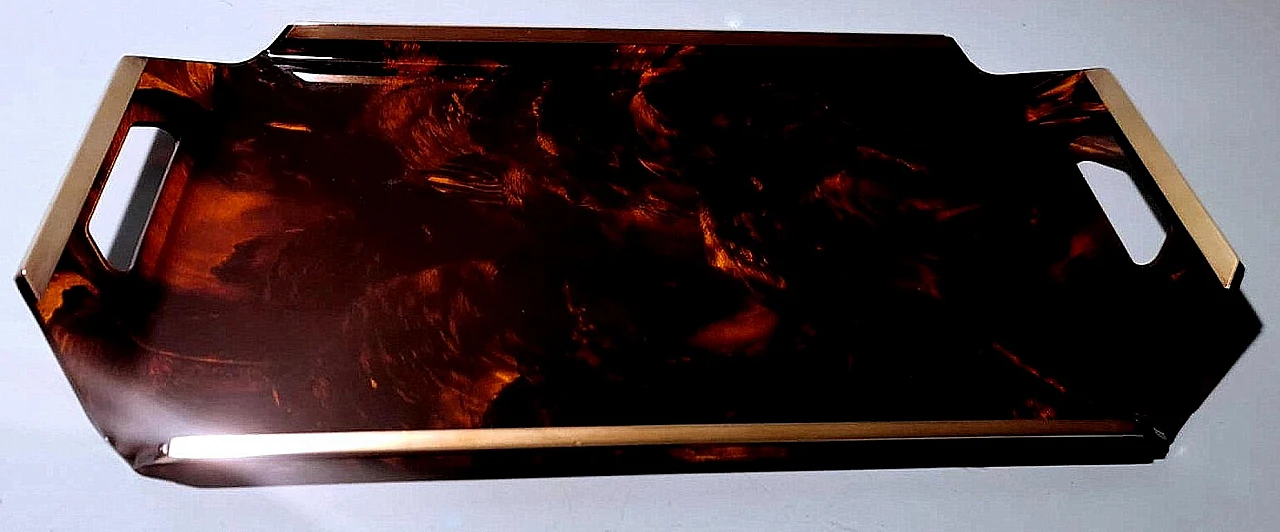
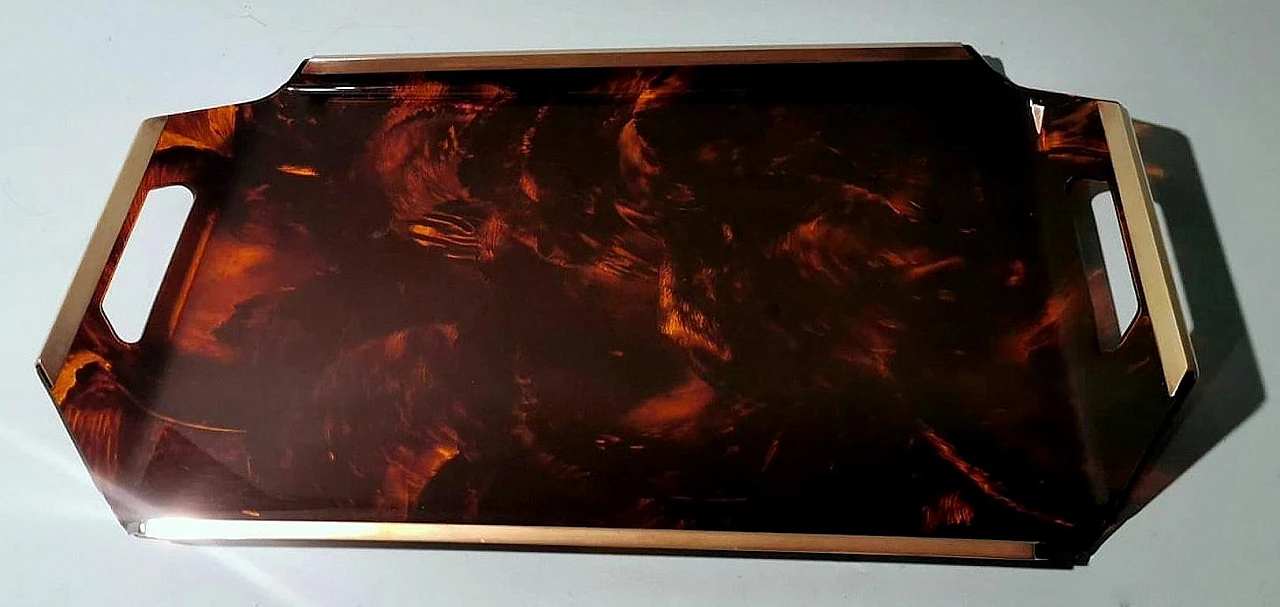
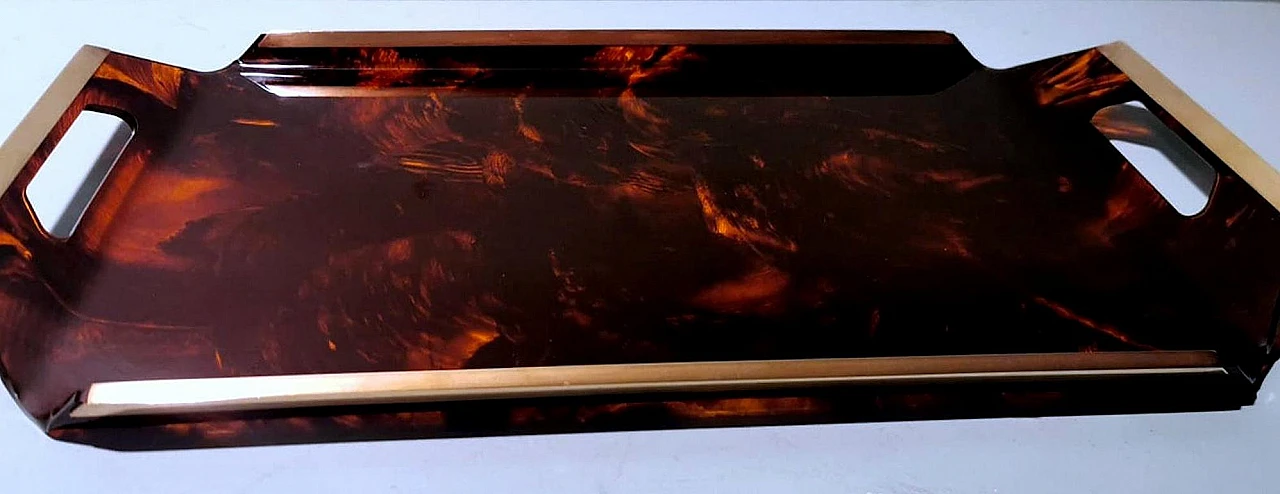
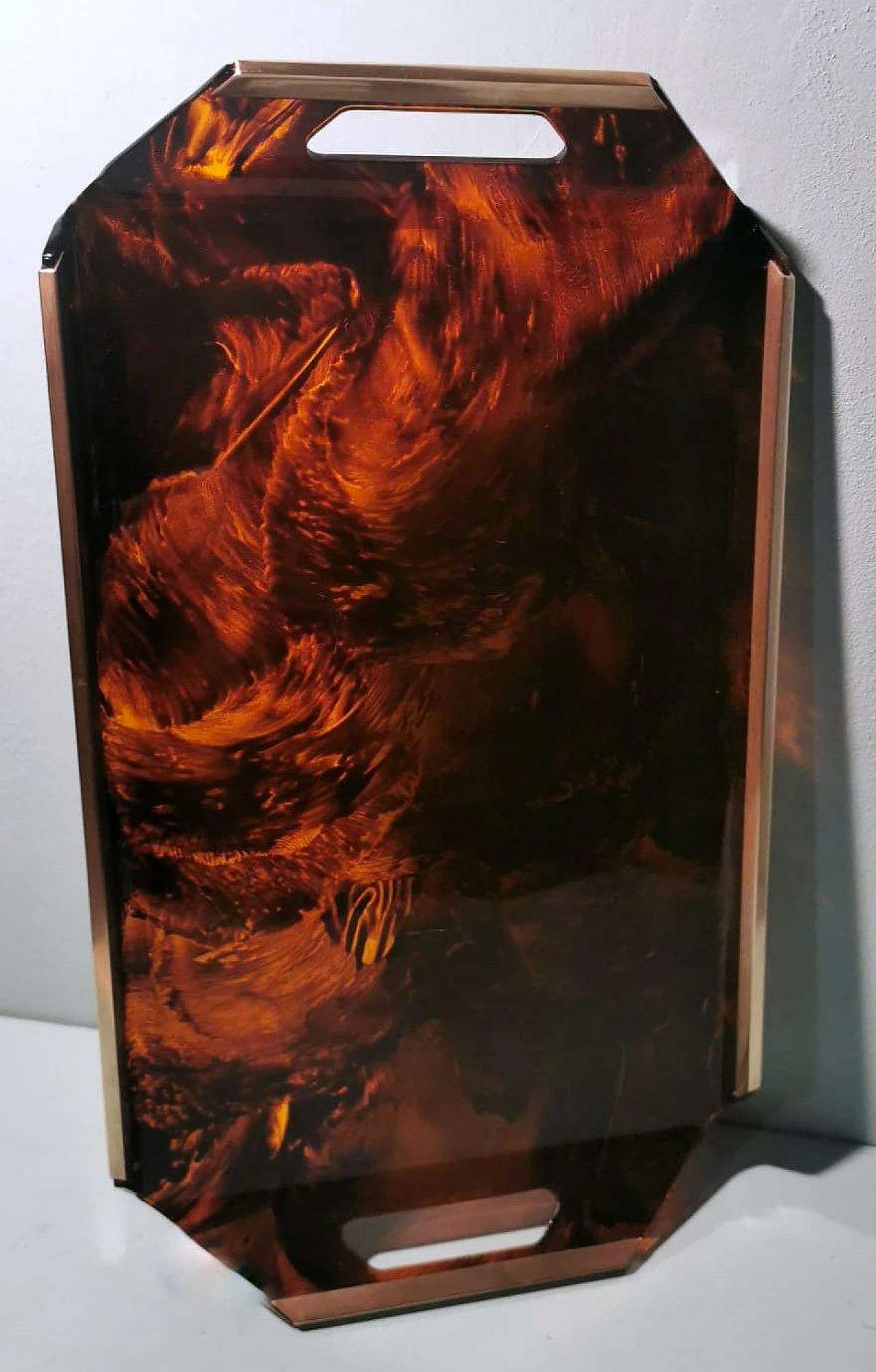
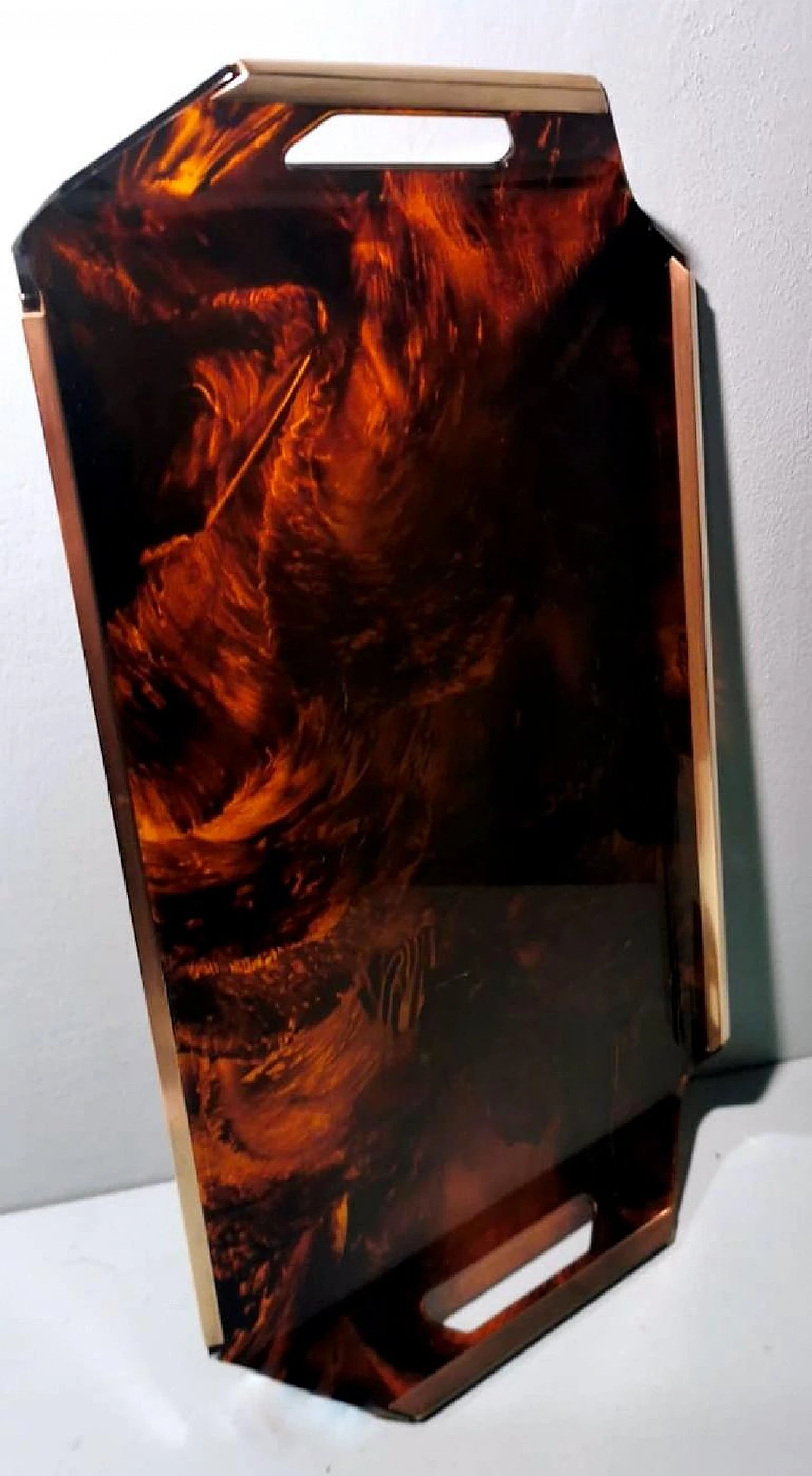

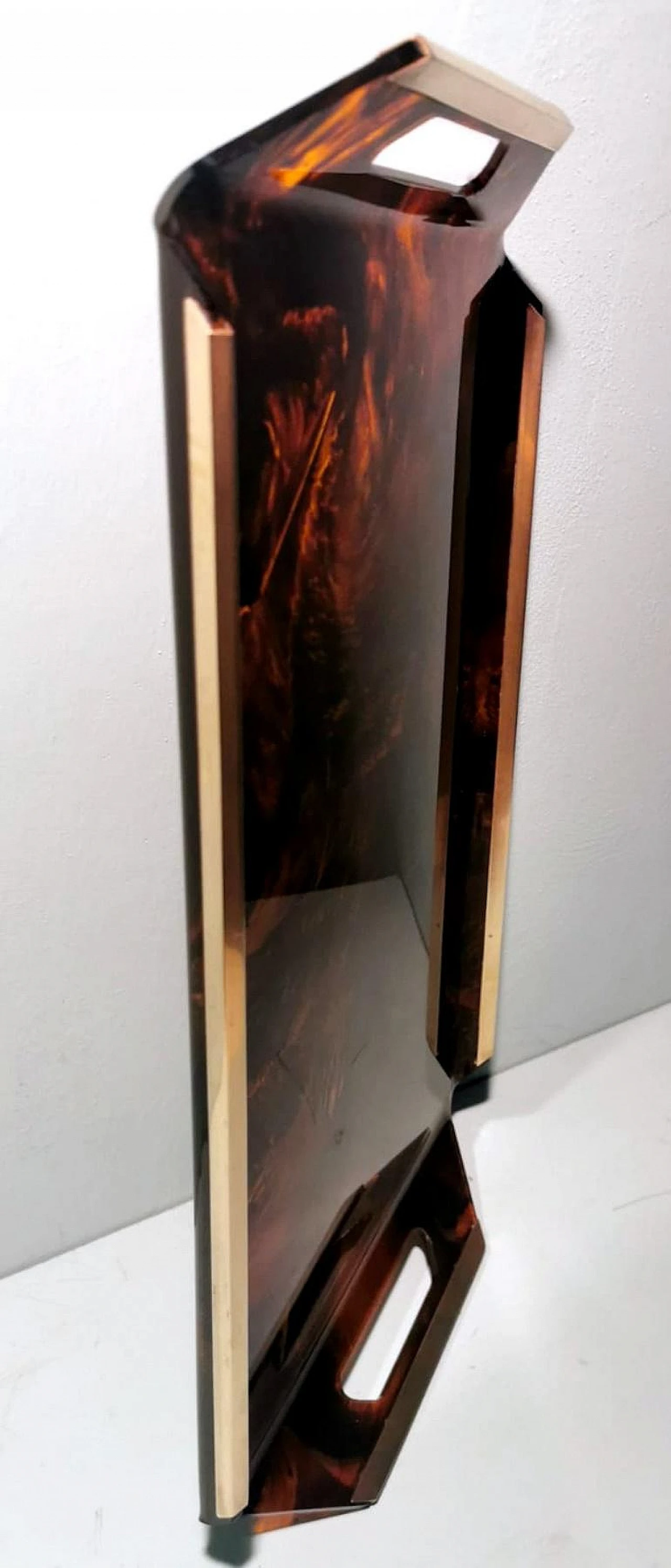
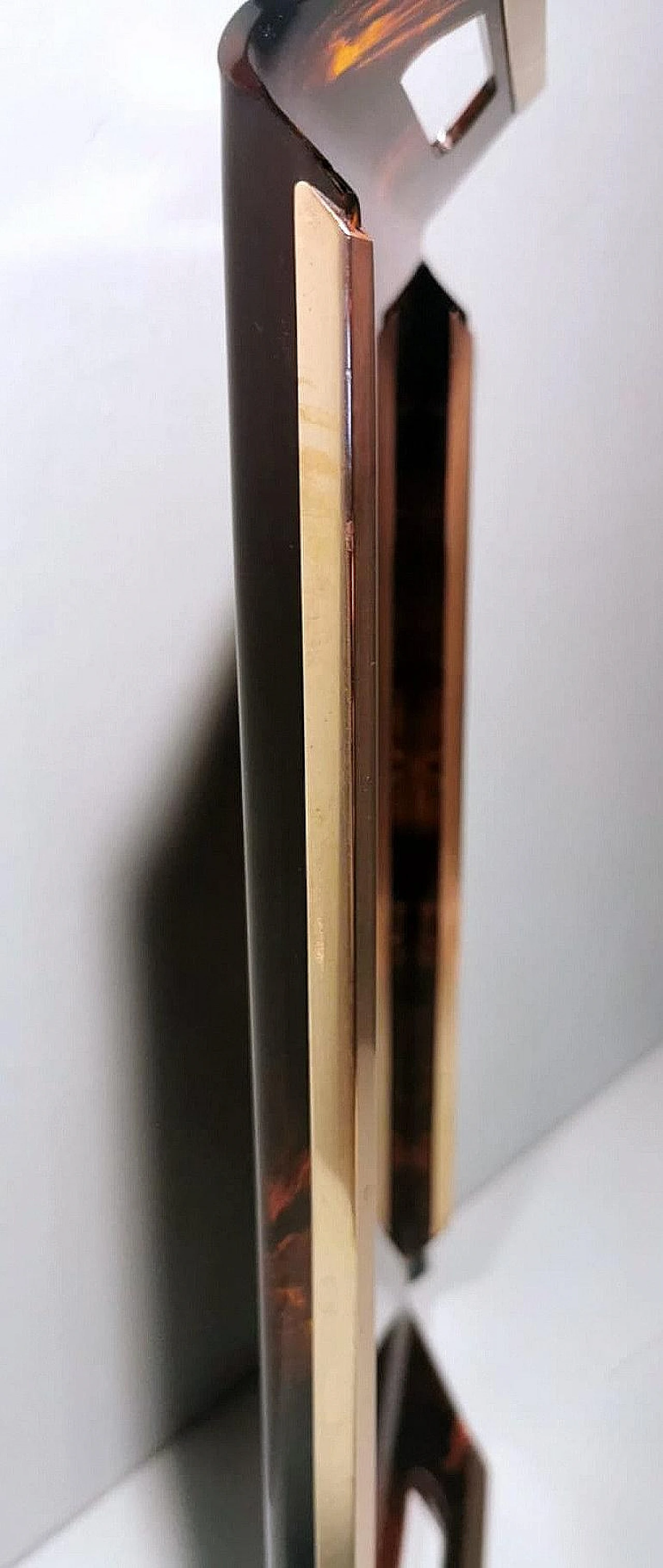
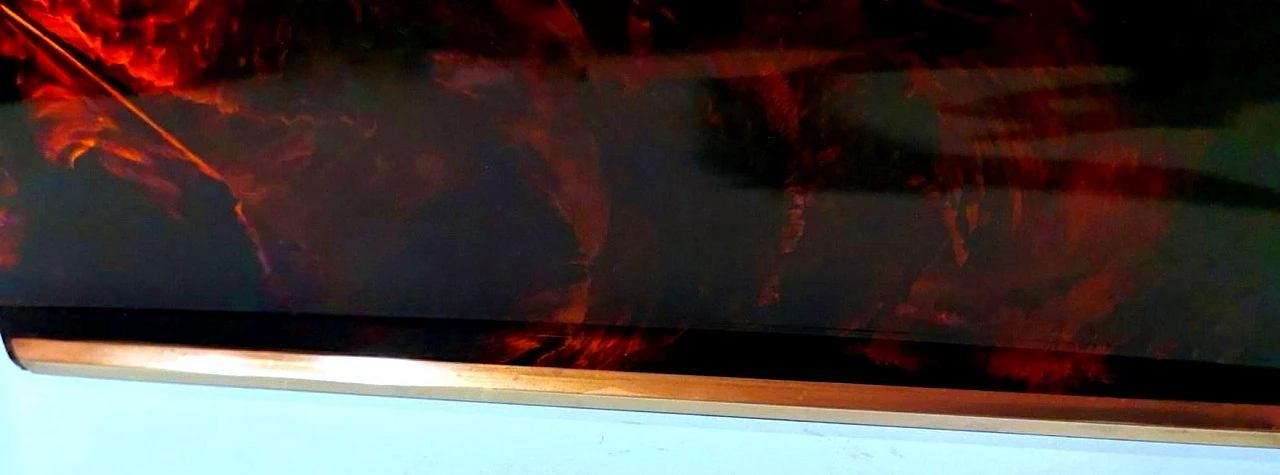


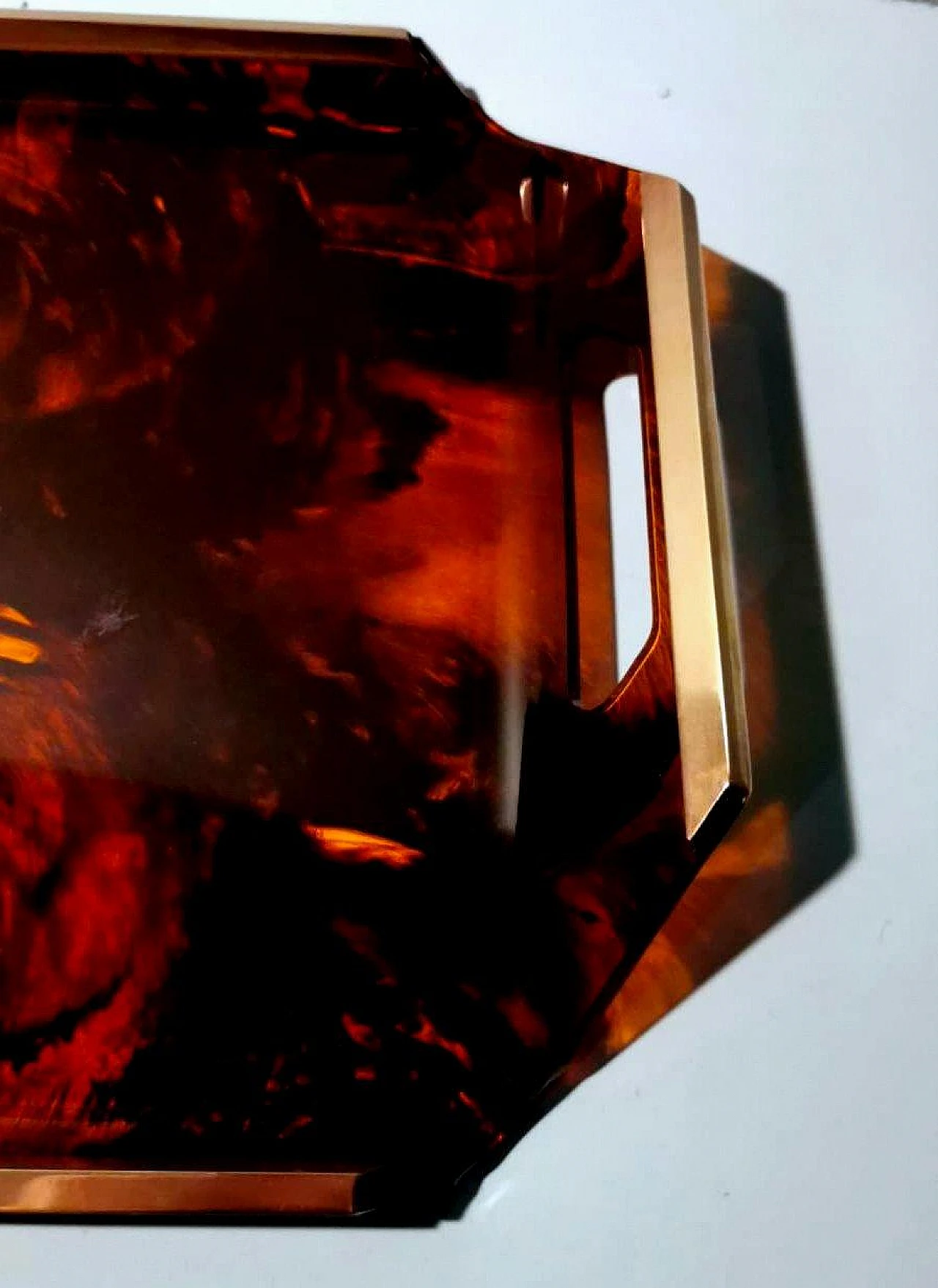

 SILVER Seller in Prato, Italy
SILVER Seller in Prato, Italy
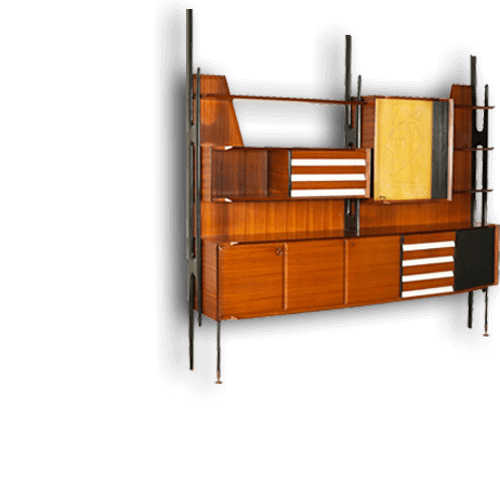
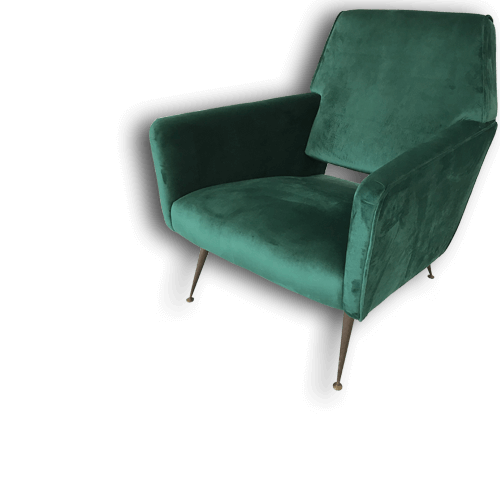



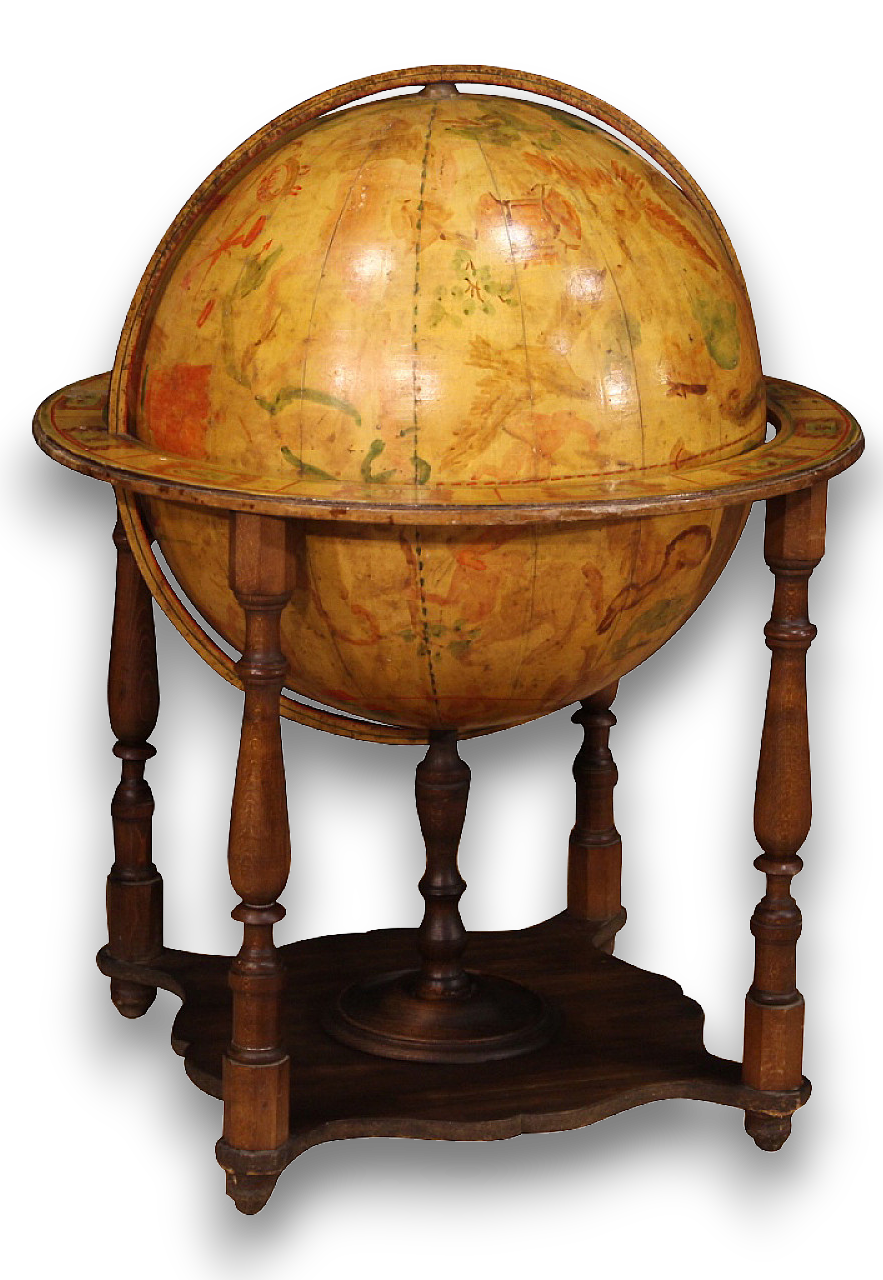
.png)

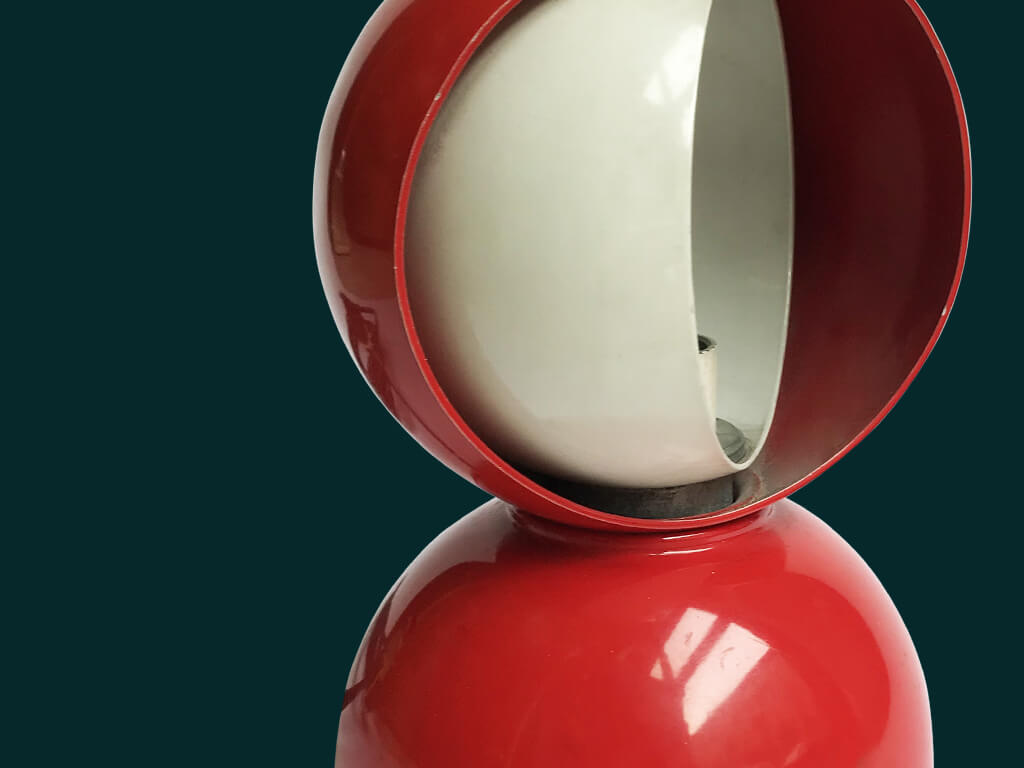
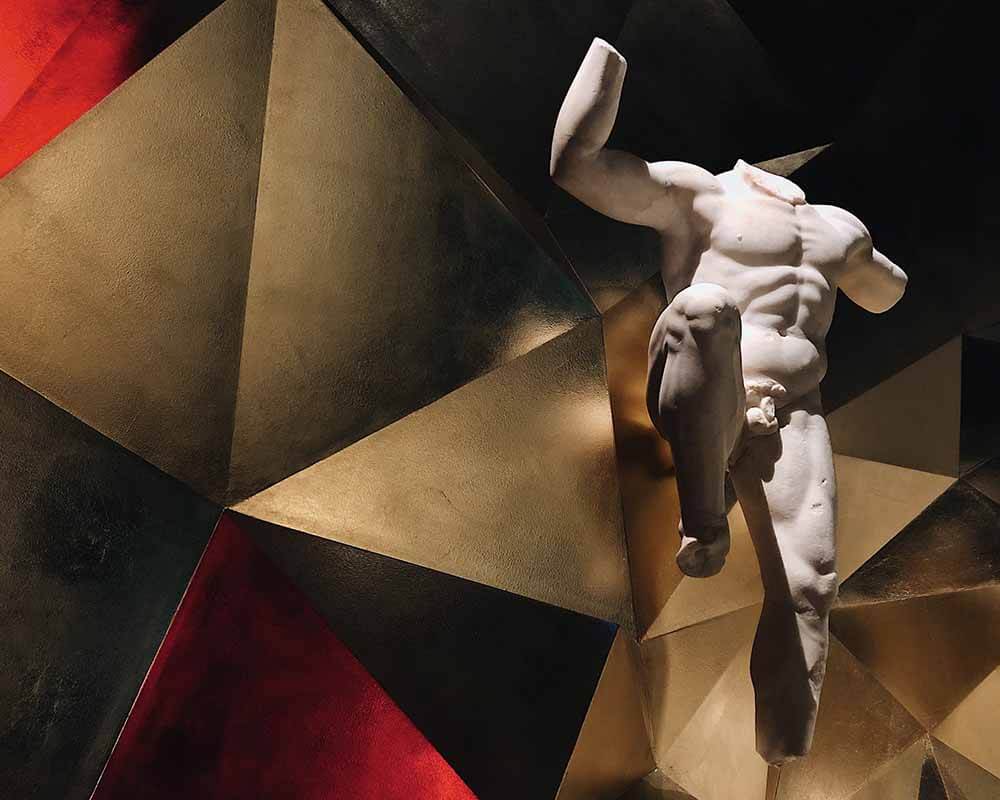
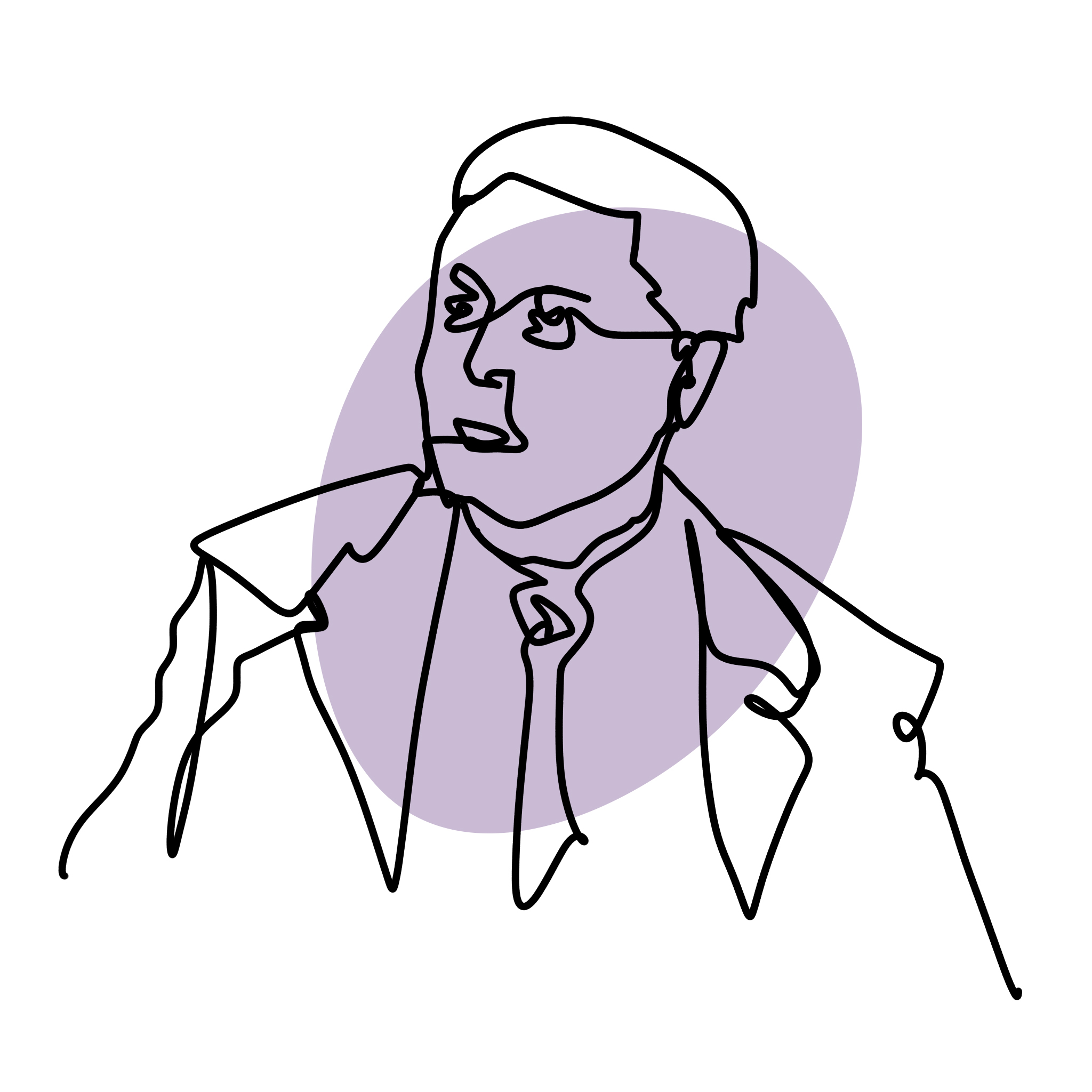

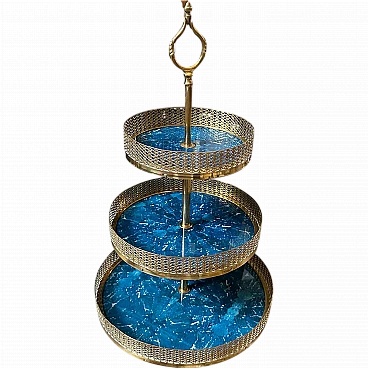

-Photoroom-thumb.webp)
